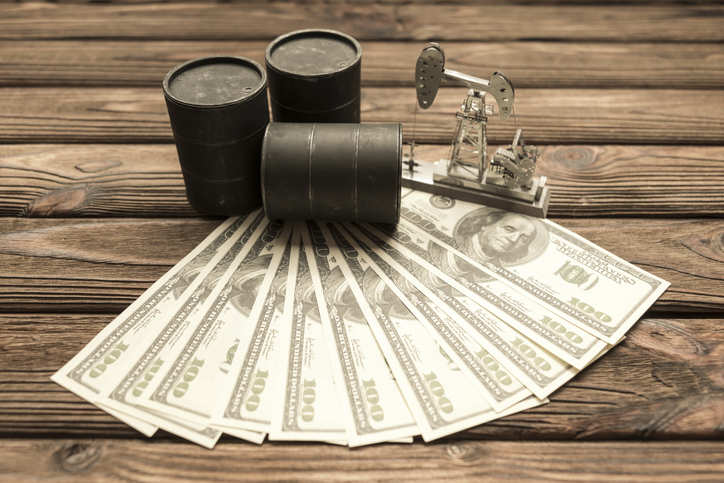Oil crashes, ends negative for the first time in history
April 30, 2020 12:34 pm
U.S. crude oil futures turned negative on Monday for the first time in history, ending the day at a stunning minus $37.63 a barrel as traders sold heavily because of rapidly filling storage space at the key Cushing, Oklahoma, delivery point.
Brent crude, the international benchmark, also slumped, but that contract was nowhere near as weak because more storage is available worldwide.
The May U.S. WTI contract fell $55.9, or 306 per cent, to settle at a discount of $37.63 a barrel after touching an all-time low of -$40.32 a barrel. Brent was down $2.51, or 9 per cent, to settle at $25.57 a barrel.
“The storage is too full for speculators to buy this contract, and the refiners are running at low levels because we haven’t lifted stay-at-home orders in most states,” said Phil Flynn, an analyst at Price Futures Group in Chicago. “There’s not a lot of hope that things are going to change in 24 hours.”
Physical demand for crude has dried up, creating a global supply glut as billions of people stay home to slow the spread of the novel coronavirus.
Refiners are processing much less crude than normal, so hundreds of millions of barrels have gushed into storage facilities worldwide. Traders have hired vessels just to anchor them and fill them with the excess oil. A record 160 million barrels is sitting in tankers around the world.
U.S. crude stockpiles at Cushing rose 9 per cent in the week to April 17, totaling around 61 million barrels, market analysts said, citing a Monday report from Genscape.
The June WTI contract traded more actively and settled at a much higher level of $20.43 a barrel. The spread between May and June at one point widened to $60.76, the widest in history for the two nearest monthly contracts.
With U.S. oil prices trading in negative territory, that means sellers have to pay buyers for the first time ever to take oil futures. It’s unclear, though, whether that will trickle down to consumers, who typically see lower oil prices translate into lower prices for gasoline at the pump.
“Normally this would be stimulative to the economy around the world,” said John Kilduff, partner at hedge fund Again Capital LLC in New York. “It normally would be good for an extra 2 per cent on the GDP. You’re not seeing the savings because no one is spending on the fuels.”
Investors bailed out of the May contract ahead of expiry later on Monday because of lack of demand for the actual oil. When a futures contract expires, traders must decide whether to take delivery of the oil or roll their positions into another futures contract for a later month.
Usually this process is relatively uncomplicated, but this time there are very few counterparties that will buy from investors and take delivery of the oil. Storage is filling quickly at Cushing in Oklahoma, which is where the crude is delivered. [EIA/S]
Cookie Consent
We use cookies to personalize your experience. By continuing to visit this website you agree to our Terms & Conditions, Privacy Policy and Cookie Policy.

















 English
English Hindi
Hindi